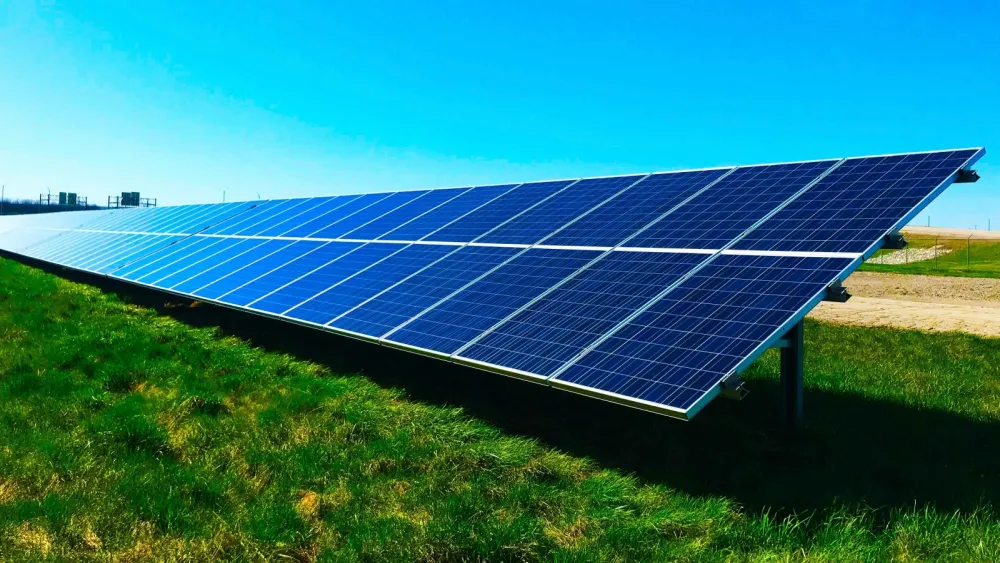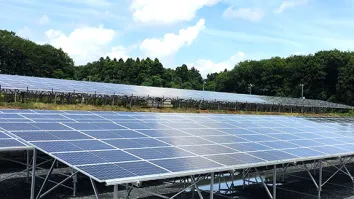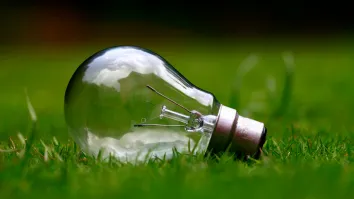Asia amidst nuclear power development craze
By Alexander MoskalenkoProspects for nuclear power are impressive, and it is a positive moment for Asia. Let's start with the fact that nuclear power is really one of the most environmentally friendly: during normal operation, the environmental impact of nuclear power plants is three times less than that of the traditionally popular thermal power plants.
Yes, the consequences of accidents can be catastrophic, but so far the largest – let it be so - remains Chernobyl. The accident at the nuclear power plant at "Fukushima -1" resulted, of course, in a real tragedy, but its consequences cannot be put on par with Chernobyl. It was caused, first of all, by illogical administrative and engineering solutions in the design of the station.
A wave of panic went through the world, that the Japanese power supply was decapitated after stopping virtually all reactors. Note that the situation has an anecdotal turn in Germany when it came to their post-Fukushima wave of panic. Imagine: Germany halts its nuclear power plants.
What will fill the shortage of electricity? Purchase it from other countries. For example, in France, which produces electricity at the same nuclear plants that are almost along the borders of Germany?
Thus, the responses have been influenced by emotions and some domestic political motives. I hope that Japan will overcome this fear. Such a high-tech power station is capable of creating a new level of safety.
Other Asian countries are subject to panic, to a lesser extent. India and China are seriously developing their nuclear industry.
They, and the other countries that have nuclear weapons production capabilities, also have the ability to mine and enrich uranium. At the same time, for the construction of new nuclear power plants, they invite experts from outside, not having any political and geographical preferences.
This has resulted in tenders involving companies from Russia, France and the United States - the countries with the most up-to-date technology in the nuclear industry. China is moving forward and creating its own technology and has set itself the ambitious goal - to become a leader in the introduction of these technologies to regional neighbors.
Likely, very soon it will escalate competition in this sphere with South Korea. Iran has its own approach, which is currently constructing plants with modern designs by Russian specialists.
With its large stock of hydrocarbons, Iran understands that it is more profitable to sell them on the side, and use cheap electricity from nuclear power to satisfy their own needs. To join this pool is Bangladesh, the Philippines and Malaysia, which are increasingly focusing on the development of the energy sector as a whole, and nuclear energy in particular.




















 Advertise
Advertise







